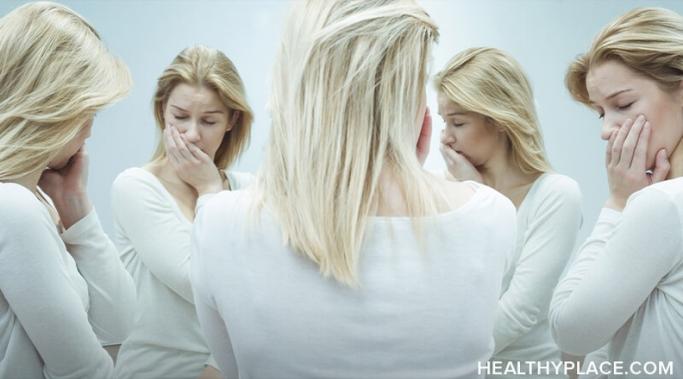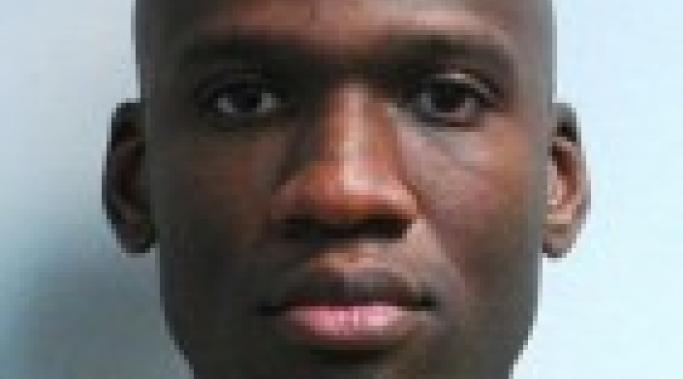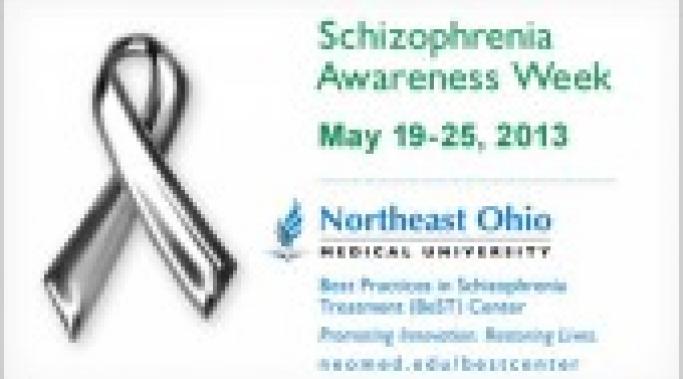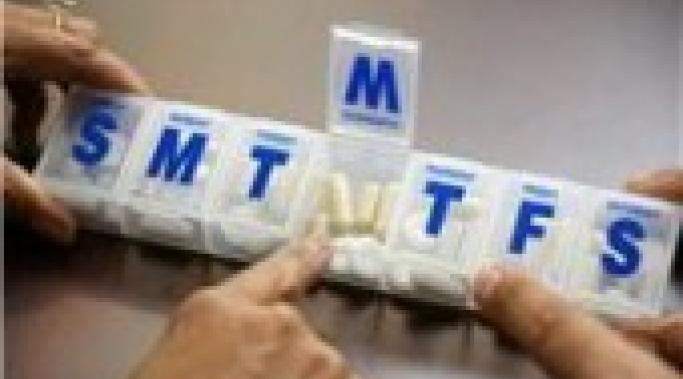Codependency can look different ways for different people. For me, an effect of codependency was losing sight of what I actually wanted, as opposed to what choice would make me happy.
Schizophrenia Diagnosis and Treatment
Marrying someone with a mental illness can cause challenges, but so can any marriage. A good friend of mine is married to a man with schizophrenia. And I know from my brother (who also has chronic mental health issues) that romantic relationships can be extra difficult when mental illness is thrown into the mix. My friend kindly shared some of her experiences with me, and I share them on this post with her blessing.
Let me be clear, I love my son Ben with all my heart. That will never change. If you've followed this blog or read my book, you already know that about me. If you, too, love someone who has a mental illness, you share that feeling or you wouldn't be here on this site looking for support.
But, let's admit it. These illnesses suck.
Love my son, hate his schizophrenia.
I am doing an on-air shift at a radio station today - so have access to the NewsWire from the Associated Press. This just in:
NEW YORK (AP) _ The mother of the man who killed 12 people at the Washington Navy Yard says she is ``so, so very sorry that this has happened.''
Cathleen Alexis said Wednesday in New York City that she does not know why her son, Aaron, did what he did and she will never be able to ask him.
Apologies to my readers, new and old, for not having blogged for a few weeks. I was in London last month participating in an international conference on schizophrenia recovery, and lots of energy went into that experience.
The conference organizers had read Ben Behind His Voices, and so I was asked to share my experience as family caregiver (or, in UK_speak, "carer").
As you might imagine, I learned a lot more than I shared. The main lesson, reinforced:
When a loved one develops schizophrenia, feelings have no country borders. We do not stop loving when mental illness moves in. We do share feelings of grief, anger, confusion, determination, resentment, loss, helplessness, and more.
I connected first with Georgina Wakefield, my UK counterpart in many ways.
Like a film of cloudiness that filters the sunlight on a hazy day, my son Ben’s schizophrenia obscures some of the qualities that make him so dear. Without schizophrenia treatment, his abilities to connect, care, feel joy and share love seem almost impossible to see. With treatment, they are closer to the surface – but the 25% of him that is still obscured is sometimes heartbreaking, no matter how grateful we are that he is functional and mostly present. The presence of these clouds is lighter then, more like a haze than the thick formations when he is fully symptomatic. Still, Ben’s best qualities often seem dulled by that haze -and I miss the open, joyful child I used to know.
But sometimes, even the haze breaks – for an amazing moment – and I get a visit from Ben’s best self. Yesterday, I got a glimpse of his empathy, one of the qualities that get obscured as a negative symptom of schizophrenia.
It happened because of a tin of lip balm and it gave me a moment of joy and hope.
Why We Must Keep Developing New Schizophrenia Treatments
This month we are living with fingers crossed.
Ben has had a close call, once again, with his symptoms of schizophrenia. We don't know how it happened, but somehow in late May Ben's med levels began to drop. We saw the usual warning signs (agitation, self-talk, lack of focus, too-forced interactions, loud and constant music in his iPod, lack of desire to engage, etc.) and yet he kept insisting he was "fine" and "nothing is wrong."
But we knew. And we ordered tests. The test result? Med levels near to zero.
So we took new precautions, which unfortunately must include a lockbox for the meds. It feels like we have gone backwards in the quest for Ben's independence. And ours.
Latest from Perez Hilton, the National Enquirer and other gossip (oh, excuse me, entertainment news) sites: "Is Amanda Bynes Schizophrenic?"
Ignoring for the moment how much we hate that term "schizophrenic", let's get to the heart of the reported issue.
Amanda is not doing well, and her parents are worried.
How well I know the feeling.
The past few weeks have been a whirlwind of wonderful interaction with people in treatment for mental illness and those who are part of their community of recovery. I will write more about the stories, struggles and solutions I've heard in Louisiana, Michigan, Tennessee, and (soon) Ohio, but right now I want to share the wonderful list from the BeST (Best Practices in Schizophrenia Treatment) Center at the Northeast Ohio Medical University. I'll be meeting some families there on Thursday before I provide the keynote for NAMI Summit County's Annual Dinner, and I can't wait.
Meanwhile, I found this list of tips on their website, and it's a great summary of some of the tips you can find here on HealthyPlace.com. As Schizophrenia Awareness week approaches, families need all the tips we can get - and to know we are not alone in this fight to aid awareness and advocate.
Early Detection is important in schizophrenia, and the more families and practitioners I meet, the more I am convinced that "Early education and support" matters a great deal for families, so they can become prepared to help as best they can. Otherwise, the confusion and frustration can result in families who end up just giving in to the frustration. So, in that spirit and with thanks, I share this list.
So, maybe I was wrong. Sometimes you just don't know.
Yesterday Ben seemed a little bit off. We know the signs. He tries too hard to be "sociable"...like asking "how was your day?" three times in the space of ten minutes. His smile seems too forced, his attention to some tasks too focused. He seems to be mumbling under his breath to - to whom? When I ask, he tells me he's just thinking about a song.
Insert sigh here. What might come next? And what can I do?
Meds, or Mood?
In the past, moods like this were usually precursors to worsening symptoms, and a sign that Ben was off his medications. But now...now we ourselves supervise the twice-daily regime, and Ben has been remarkably relapse-free for over 18 months.
Still - something's up. Something is not right. But what? And why?









